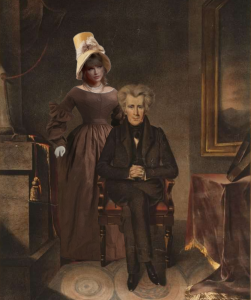 Sometimes popular culture goes beyond simply being adored. Some of it’s elevated into the highest of canon of public opinion. But do they all deserve to be there? In “Kill Your Idols,” the so-called modern classics are going to be held up to tough scrutiny to see if all that adoration is misplaced.
Sometimes popular culture goes beyond simply being adored. Some of it’s elevated into the highest of canon of public opinion. But do they all deserve to be there? In “Kill Your Idols,” the so-called modern classics are going to be held up to tough scrutiny to see if all that adoration is misplaced.
David Fincher was ready for a game changer in 1999. After he mattered to amass public goodwill after the critical failure of “Alien 3,” he managed to lose all the revenue producing potential he had after “Seven” with the underrated “The Game.” That’s when he picked up a hot property from an up-and-coming author named Chuck Palahniuk.
Fincher recreated his image with “Fight Club,” going from a dark, neo-gothic auteur to a punk provocateur that bucked the classics. The movie was a massive failure, critically and commercially, only to become a cult hit later and now it’s a movie that every bro you know will swear by.
“Fight Club” is sporadically great, with an ending that’s among the most memorable shots of Fincher’s career, but the whole thing suffers when it’s forced to adapt for the screen. Palahniuk’s novel is barely filmable and Fincher has to make some tough choices in establishing the relationship between the film’s narrator and Tyler Durden. Their physical fight towards the end of the movie isn’t tense or frightening; it’s aggressively goofy and unfitting of the dark tone the film has set. Regrettably, Fincher was also forced to
adapt his cinematic style to the content in ways that don’t entirely suit him. Rather than embracing the lush darkness of “Seven” and “The Game,” Fincher tries to combine druggy counter-culture and punk with a truly nihilist world view and he just can’t pull it off.
When the film takes the climactic turn to Project Mayhem’s urban terrorism, Fincher can’t manage to communicate the sense of anarchy the script demands. The nihilistic message ends up ringing false when paired with the pop-art aesthetic that defined the director’s work on music videos in the MTV heyday.
Arguably, “Fight Club” is among Fincher’s worst movies as a director and it’s saved only by the script and dynamite performances from Pitt and Norton. Fincher hasn’t gone back to the anarchic darkness of “Fight Club,” and his filmography has greatly improved because of it.
What’s Coming Up Next: “Dispatch from Instant View Purgatory” returns with a bang. Who would have thought that an Italian demon-hunting comic book would be a massive success in America? Apparently a bunch of wrong people, because we’re checking out “Dylan Dog: Dead of Night,” the newest Netflix throwaway.




